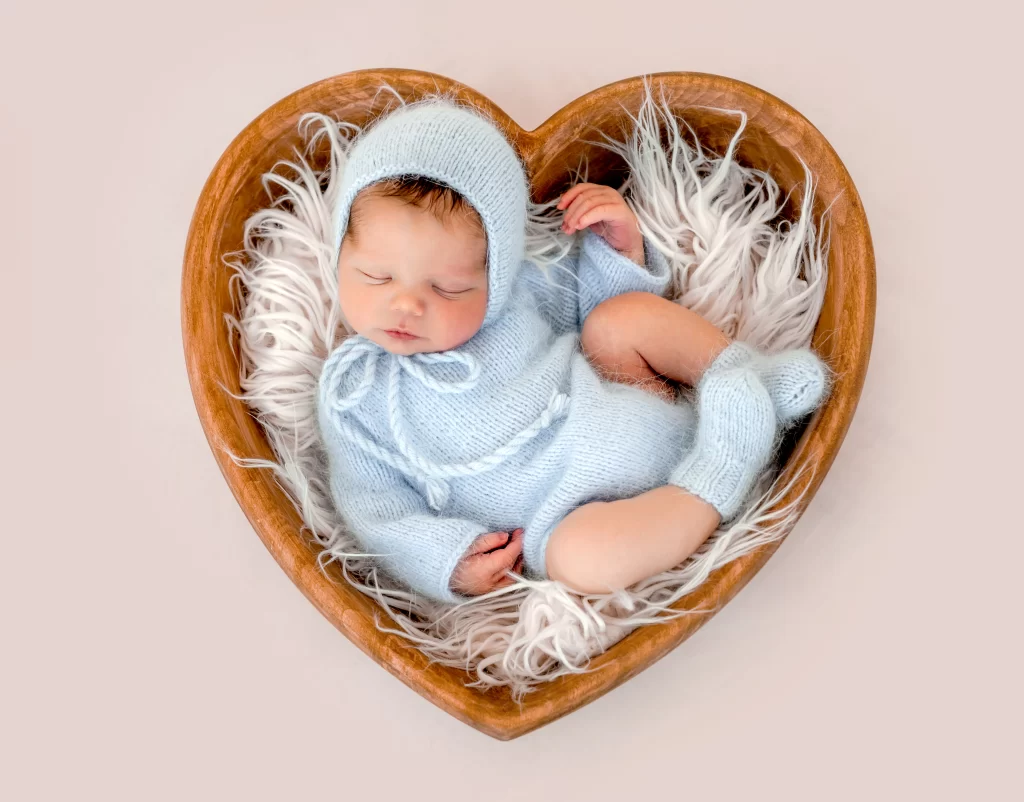When Does Life Begin
In the United States, the abortion debate is one that often polarizes people into two camps: pro-life and pro-choice. The question at the heart of the debate is when does life begin? Is it at conception, when a sperm fertilizes an egg? Or is it at some point later in development? The answer to this question has implications for how we view abortion. The pro-life movement opposes abortion on the grounds that it is murder. The pro-choice movement disagrees, asserting that a woman should have the right to choose whether or not to have an abortion, and that an embryo or fetus is not yet a human life.

When Does Human Life Begin
There are a few different ways to look at this question. First, let’s consider the definition of life. According to Merriam-Webster, life is “the quality that distinguishes a vital and living organism from an inanimate object or a dead body.” Based on this definition, it would seem that life begins at conception, as that is when an organism first becomes alive.
Another way to look at this question is through the lens of human rights. Many argue that all human beings have a right to life, and that this right begins at conception. This is because life is a human right, as it is one of the most basic liberties that we possess. It is also a right that every human being deserves to have.
Fertilization: The Beginning of Human Life
Fertilization is the beginning of human life. It is the joining of the egg and sperm to form a new cell that will grow into a baby. This process usually happens in the woman’s fallopian tubes. The egg is fertilized by the man’s sperm and then travels down the tube to the woman’s uterus, where it implants itself in the lining and starts to grow.
Fertilization is an amazing process that starts human life. It is a complicated series of events that start with the joining of an egg and sperm and end with a new cell implantation. This new cell will divide and grow, eventually becoming a baby.
Zygote: The First Stage of Human Development
A zygote is the initial stage of human development. It’s a fertilized egg cell that has been created when a sperm penetrates and unites with an ovum. The zygote contains all the necessary DNA to create a unique individual. From here, cell division begins as the zygote travels down the fallopian tube.
During this journey, the cells divide and grow rapidly. By the time it reaches the uterus, the zygote has transformed into a ball of millions of cells called a blastocyst. The blastocyst will implant itself in the lining of the uterus and continue to grow into an embryo.
Embryo: The Second Stage of Human Development
After an embryo is formed from the union of a sperm and egg, it rapidly begins to grow and develop. This process, called embryogenesis, results in a blastocyst—a ball of cells that will eventually become a baby.
During the second stage of human development, the embryo implants into the lining of the uterus, where it will continue to grow and develop. This stage is critical for the baby’s survival; without a successful implantation, pregnancy cannot continue.
After implantation, the embryo begins to receive nutrients and oxygen from the mother’s blood through the placenta. The placenta also helps to remove waste products from the baby’s blood. As the baby grows, so does the placenta. By the end of pregnancy, the placenta will weigh about one pound.
Fetus: The Third and Final Stage of Human Development
What is a Fetus
A fetus is an unborn child. In the early stages of development, a fetus is called an embryo. By the end of the eighth week after fertilization, it is called a fetus. The word “fetus” comes from the Latin word for “offspring” or “bring forth.” A fetus is different from an infant. An infant is a baby who has been born and is breathing on its own. A fetus develops inside the mother’s womb. It grows and matures until it is ready to be born. The average pregnancy lasts 40 weeks, or about nine months.
The Final Stage
The third and final stage of human development is the fetus stage. This is the stage where the baby grows and develops inside the mother’s womb. The fetus stage lasts for about nine months, from the time of conception to the time of birth.
During the fetal stage, the baby’s organs, muscles, and bones continue to develop and grow. The baby also starts to move around in the womb and can even kick and stretch. By the end of this stage, the baby is fully developed and ready to be born.
Conclusion: When does human life begin?
At the moment of conception, a baby’s life begins. This is when a sperm fertilizes an egg and forms a zygote. From there, the zygote will implant in the uterus and begin to grow.
During pregnancy, the baby will go through many different stages of development. They will start out as a tiny group of cells and eventually grow into a fully developed human being.
Life begins at conception because that is when all of the baby’s DNA is present. This DNA contains all of the information that will determine who the baby is and how they will look.
In conclusion, life begins at conception. This is a scientific fact that has been proven through countless studies. It is also a moral issue, as it is the taking of an innocent human life. We must do everything we can to protect the lives of the unborn and give them a chance at life.






